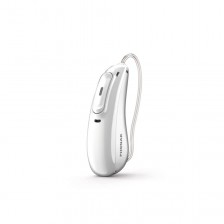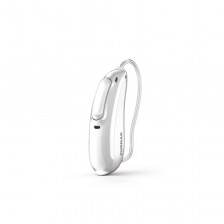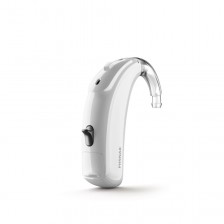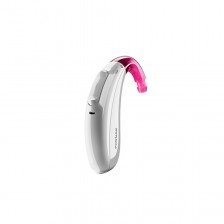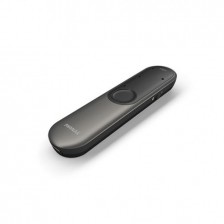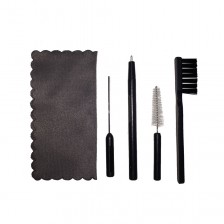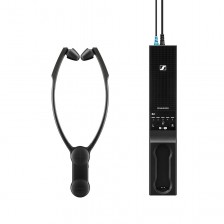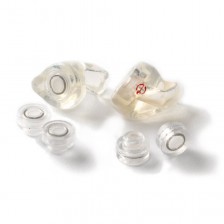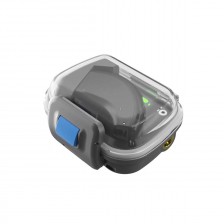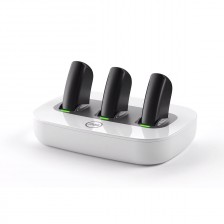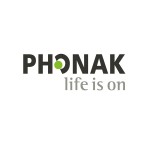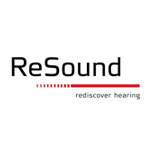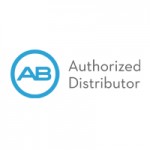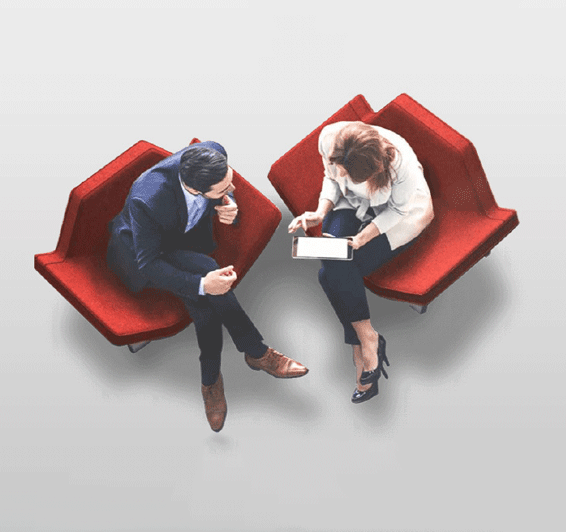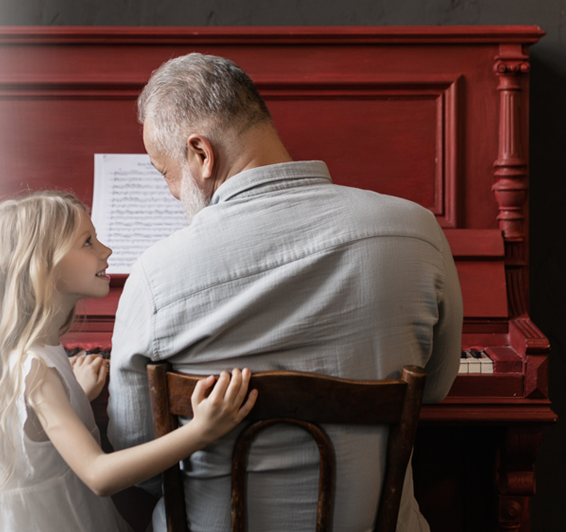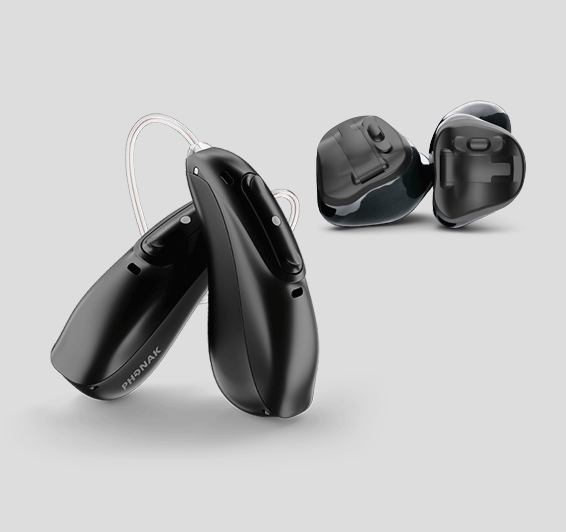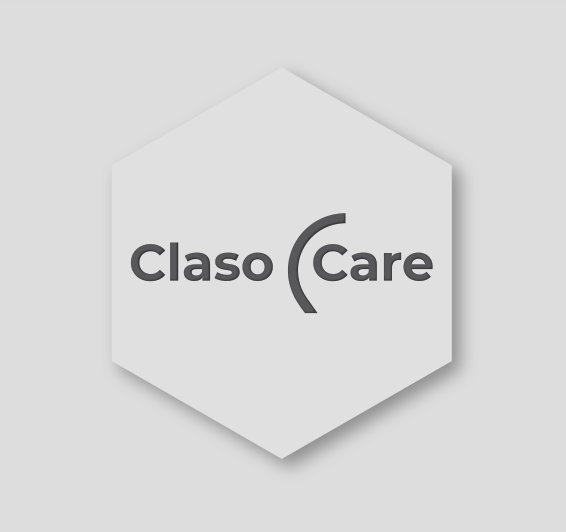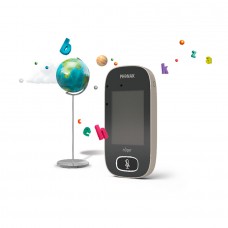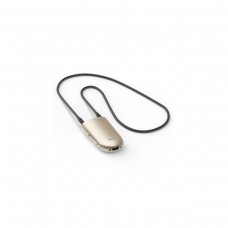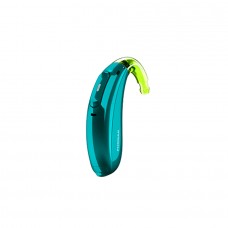My child was born deaf: now what?

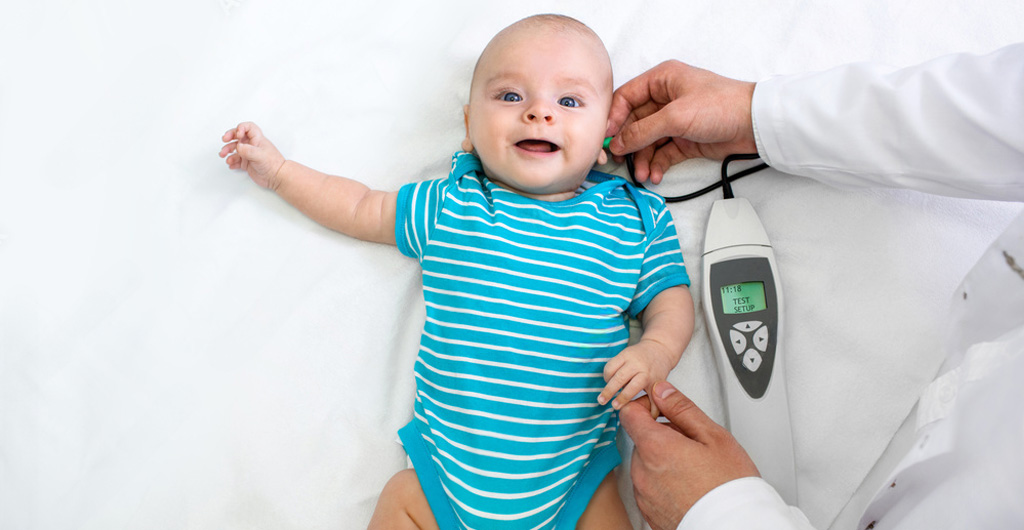
Receiving the news that your child was born with hearing loss can be overwhelming. It’s normal to feel fear or uncertainty. But you’re not alone. Nowadays, there are many tools, resources, and professionals ready to help and support you from the very beginning.
1. The most important thing: your child is okay
Deafness does not define your child’s potential. With the right support, they can communicate, learn, connect with others, and live a full life. Many deaf children grow up happy and develop skills just like any other child.
2. Early diagnosis = better outcomes
If you already have a confirmed diagnosis, that’s a big step. The sooner you act, the better. There are early auditory and language stimulation programs that help development from the first months.
3. Available options
Every case is different, but some options include:
- Pediatric hearing aids
- Cochlear implants
- Sign language
- Bimodal communication (voice + signs)
4. Which professionals will support my child?
- Pediatric audiologist
A specialist who evaluates, diagnoses, and treats hearing loss in babies and children. They determine the degree of deafness and recommend solutions such as hearing aids or cochlear implants.
- Otorhinolaryngologist (ENT doctor)
A doctor specialized in ears, nose, and throat. Confirms the medical diagnosis, identifies medical causes of deafness, and if necessary, performs interventions like cochlear implants.
- Speech therapist / audiologist
Works on language and communication development. Teaches the child to use their auditory and/or visual abilities to communicate, whether through spoken language, sign language, or both.
- Early intervention specialist
A professional (such as an occupational therapist, child psychologist, educator, etc.) who works during the early years to stimulate the child’s cognitive, emotional, and social development.
- Child psychologist
Provides emotional support to the child and family. Helps manage the impact of the diagnosis and strengthens emotional bonds and family adaptation.
- Special education teacher
Supports the child’s educational process by adapting content and methods to their specific needs.
5. Seek support
Talking to other parents who have gone through the same experience can be very helpful. There are associations, groups, and community resources where you can share experiences and solve doubts.
At Claso Audiología, we have specialists in pediatric audiology, adapted technology, and a team that understands what you’re going through. Our goal is to accompany you on this journey with closeness, empathy, and real solutions.
Because when a family receives the diagnosis, a new chapter begins. And we are here to walk it with you, helping your child develop to their full potential.
